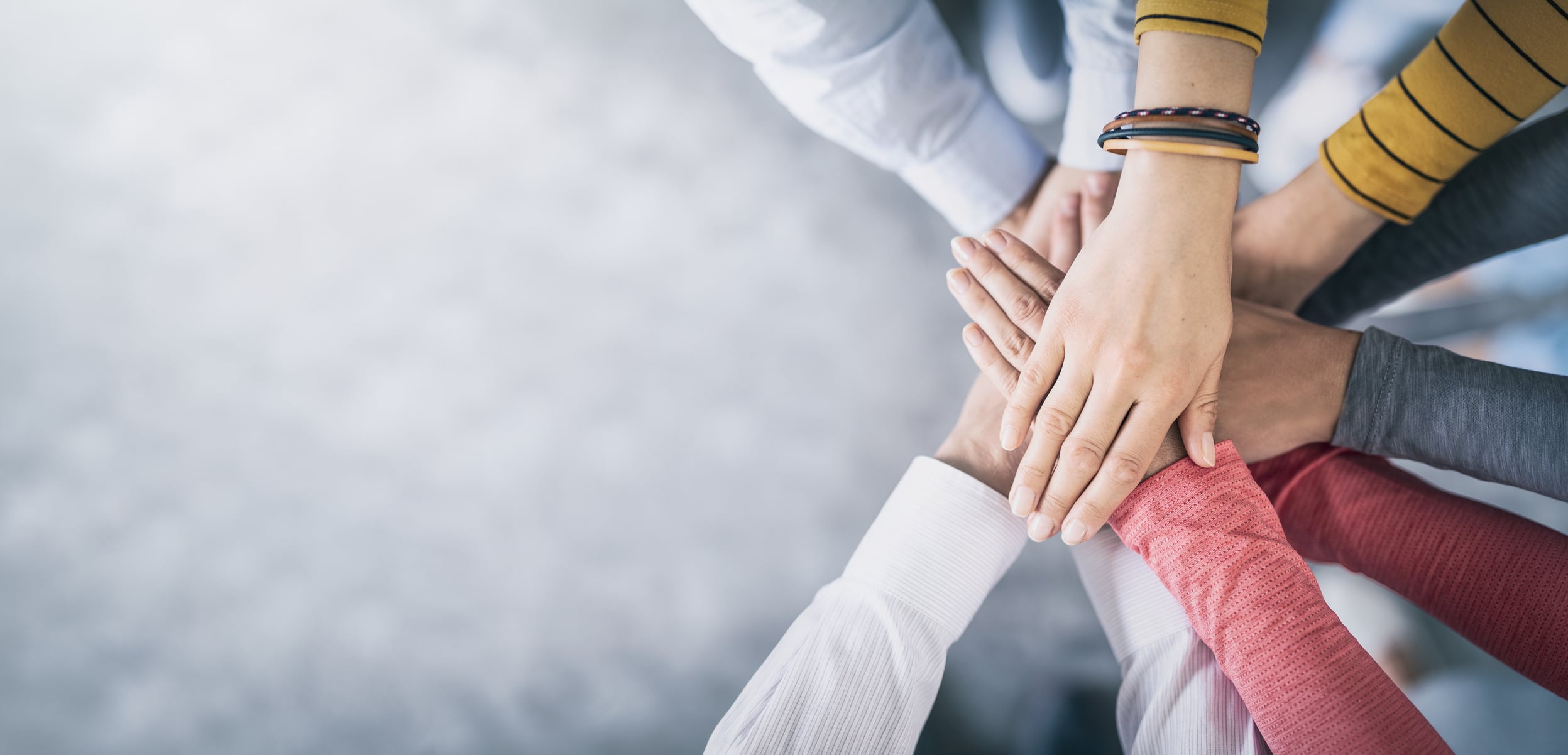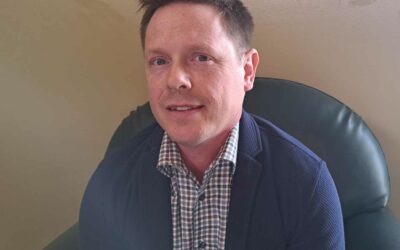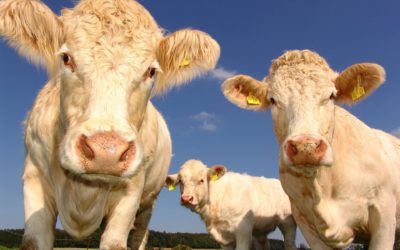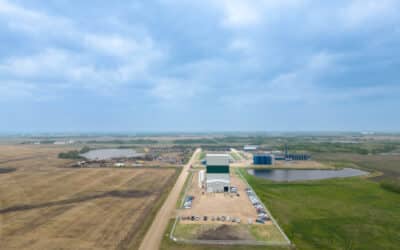The decision to launch your own business is not a simple one. On our recent episode of Seed Speaks, we talked to two people who’ve launched their own startup to find out what skills made them successful, and their advice for anyone wanting to enter the world of entrepreneurship.
Geneviève Arsenault-Labrecque of Laval University in Quebec is co-founder of AYOS diagnostic and a 2022 Canadian Plant Breeding Innovation Scholar. She participated in the development of a predictive tool that can be easily used by breeders so that they can introgress and recommend the proper resistance genes to growers. This technology is unique in the world and as a result, it was patented and is now offered to the industry through AYOS diagnostic, currently housed at Laval University. Her goal is to make the power of genomics accessible to breeders, growers and seed suppliers to facilitate sustainability and optimal yield.
Morgan Webb is owner and senior seed analyst at Seed Check Technologies based in Alberta. Seed Check was formed in September 2002 and was born from a true desire to provide a seed testing laboratory to the industry that would base its existence on integrity, consistent reliability and outstanding customer service. Morgan is active within the seed industry community, serving on boards and even appearing on a weekly AM radio show about gardening. He co-founded Seed Check 20 years ago.
Read on to learn the skills they think everyone can use to help in launching their own business on the best possible footing.
Skill No. 1: Know Your Why
Geneviève Arsenault-Labrecque (GAL): I didn’t know exactly where I would end up at the end of my PhD, but what I liked about this project, and what kept me motivated, was the applied aspect of it. Because I was witnessing this need in the industry, I wanted to make sure that this tool would be available as soon as possible for growers and breeders once it was fully developed. Now we can offer it to the industry in Canada and the U.S. When the tool was patented, I thought that I was in the best position to commercialize it as being a part of the R&D team at Laval University, which I knew would be a good bridge between research and commercialization.
Morgan Webb (MW): I grew up on the family farm and the family farm is a small business. I watched my parents make their choices and multitask. They did so many things. It’s an exciting lifestyle. I had worked at a couple of other seed labs as a lab manager, and I just felt the need to kind of do things my way to create that family atmosphere instead of a corporate atmosphere. I’d seen it done in other labs where the professionals got together and they collaborated, and they did this kind of unique work that they were so skilled at not only as scientists, but almost as artists. That’s what we wanted to do with Seed Check.
Skill No 2: Learn From Your Mistakes
GAL: AYOS diagnostic was founded two years ago, and we started the commercialization just one year ago. If I could do it again, I would start to create awareness among the public earlier, as building a customer base is crucial to commercialization. I think that during my PhD, I was so immersed in research that I didn’t realize the effort I would have to put into reaching breeders. We now intend to commercialize a similar diagnostic tool for soybean cyst nematode — it’s not fully functional yet, but we’ve already told our clients, because we want to make them aware about it, so they know about it as soon as it’s launched.
MW: I would use my mentors more. Those people who I think of as little guardian angels that come into your life. When I started my business, I was working a couple of part-time jobs at different businesses in order to have a have a paycheque. There were some really great leaders at those businesses that I worked at, but I didn’t really recognize it at the time because I was a little bit young and uptight. What great mentors these people were and I could have used them so much more for advice at the time to help make some of the choices that I made that I really fretted over. I could have used their words of wisdom a little bit better than I did, because at the time I didn’t realize how profound those words of wisdom were.
Skill No. 3: Open Your Ears
GAL: Communication is crucial. It’s important to not forget that you are a team, and you can support each other as long as you listen to one another and know how to express yourself. That kind of empathy can be applied to your relationship with clients, as every client is different, be they a grower or a research group, a breeder or seed supplier or even an agronomist. When I started my business, I learned a lot about market segmentation, and how to define it and understand what different clients need.
MW: I agree with Genevieve. You have to keep your eye on the ball and roll with things that you didn’t expect, that your business plan could have never taken into account in terms of who your clients are, who your staff are and who your suppliers are. Listening is absolutely the number one thing you can do. It allows you to keep your eye on the ball without being rigid, so that you can roll with the punches and do what you need to do as you’re faced with different things along the way.
Skill No. 4: Learn to Balance the Personal and the Professional
GAL: That is one of the hardest tasks I have. Having a family, being a postdoctoral fellow at a university and owning a business, it’s like having several full-time jobs. I’m learning to delegate, first to my colleagues, then to my business partner, and then to my life partner. I couldn’t do this without his support, of course. This is new for me, and I also have to find time for myself. I do a lot of running and yoga. Finding time for yourself is important, as it allows you to take a step back and view things through a different lens.
MW: I haven’t always been good at balancing my personal and professional lives. There was a time where I just worked non-stop. It was needed in the beginning, but then I got caught in that habit. There was a point where I had to actually ask myself, ‘Do I own this business or does it own me?’ And so I’ve been trying to be better at utilizing my work family not only to support me, but to support them in ways that we can take care of one another. I also have a wonderful network of friends and family who help get me away from my work. I paddle-board and I cross-country ski, which I really love to do as a way of taking care of myself.
Related Articles
Balancing the Responsibility of Being on Ag Boards
THRIVE’s Canada Accelerator and Startup Program to Partner with Olds College





